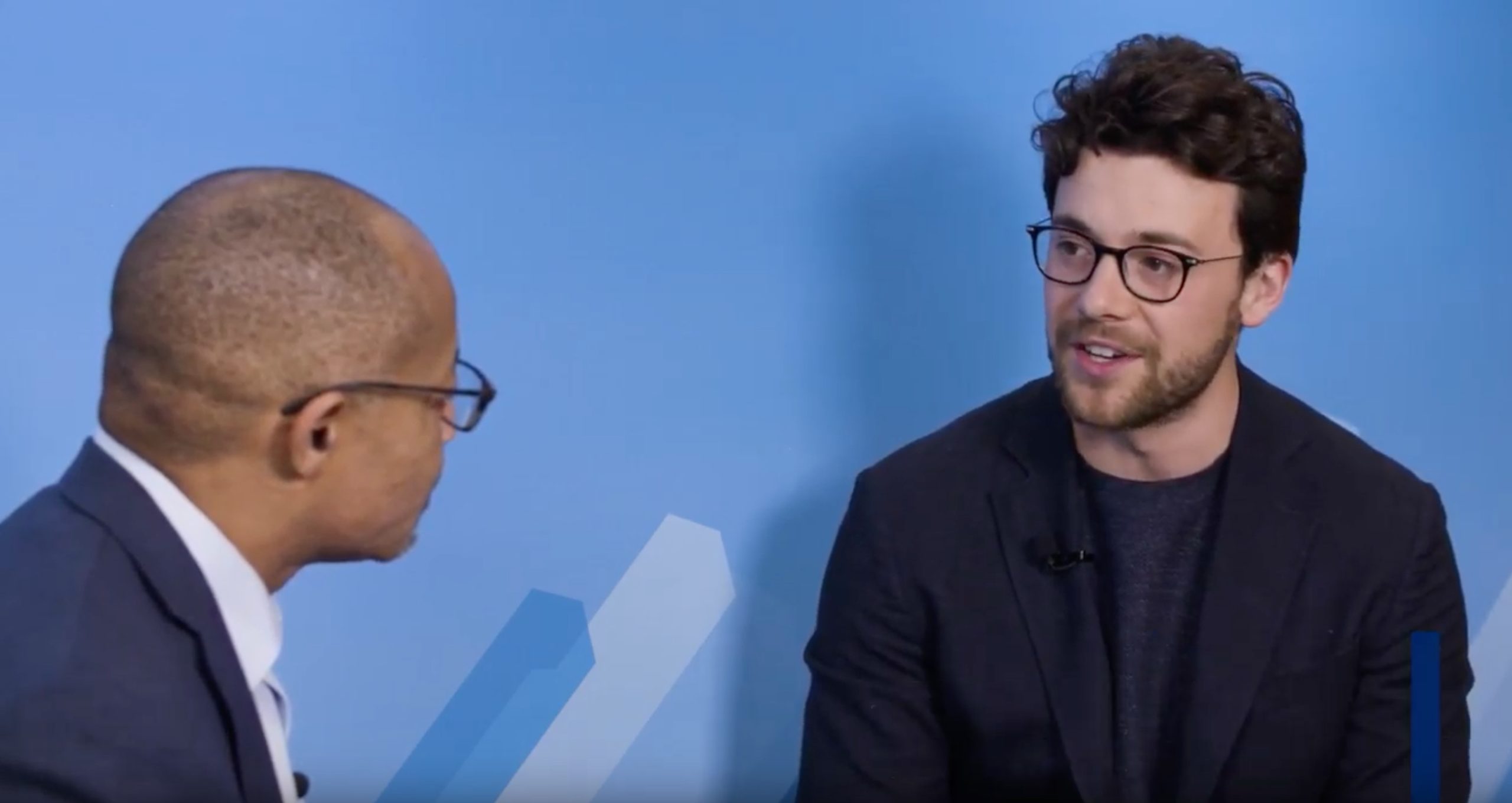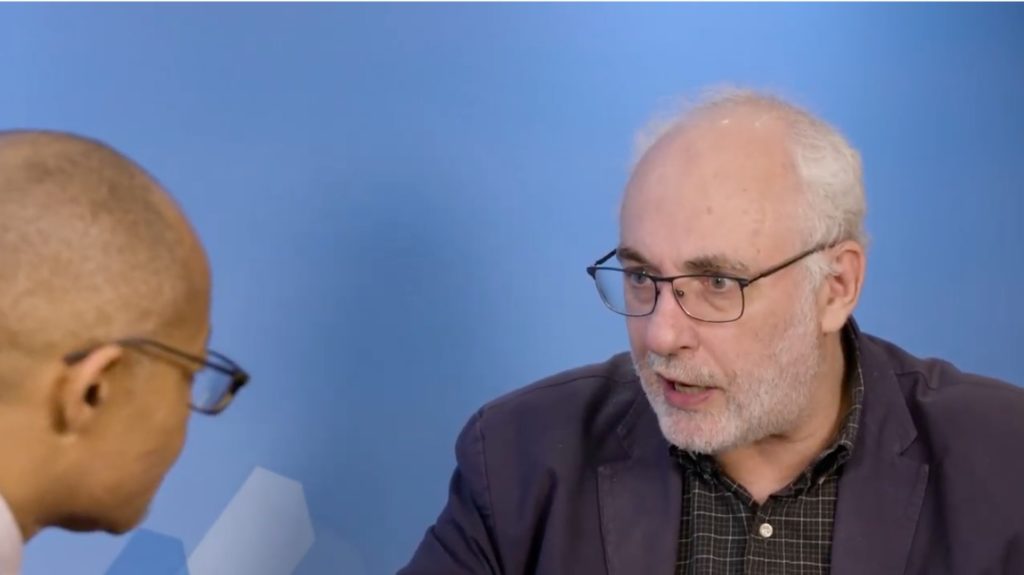
The prospects for insurtech this year were bright. In February, financial services-based VC firm Anthemis announced that it was launching a new, $90 million fund focused on “fast-growing insurance technology startups.” The fund, which Anthemis anticipated would be fully-funded later this year, will target later-stage insurtechs with a proven track record in helping insurance companies make successful digital transformations.
Unfortunately, the coronavirus pandemic has had a significant impact on insurtech investment. Interviewed by Carrier Magazine, Chief Research Officer for U.K.-based firm Venture Scanner Nathan Pacer noted that VC funding for insurtech startups in the first quarter of this year was 50% below its quarterly funding average. He added that 2020 – already four months in – is currently at 11% of the previous year’s funding totals.
This investment retreat is not unique to insurtech; everything from the uncertainty over the economy to the practical challenges of conducting effective due diligence at a time of social distancing has put a pall over VC investment enthusiasm. Nevertheless, the slowdown in funding comes at an inopportune time for an industry that was looking to 2020 as a rebound year.
That said, what can be learned from the insurtechs that did secure funding in 2020?
Looking at the biggest rounds of the first few months of the year, the $100 million Series D round announced by online insurance marketplace Policygenius set a strong tone when it was reported in January. The investment gives the New York-based company the ability to execute its plan to launch a variety of consumer financial products over the course of the year. Focused initially on life insurance coverage, Policygenius has expanded to property/casualty insurance over the past year.
Indian insurance platform Digit Insurance also scored big at the beginning of the year, hauling in $84 million in capital and sending its valuation soaring to $870 million. Offering a multichannel approach to insurance distribution, the firm nevertheless relies on a fully digital model to deliver a diverse range of insurance solutions from health to fire to automotive.
And many audiences will be familiar with Gabi – or at least Gabi’s no-frills, omnipresent cable TV advertisements. A home and auto insurance comparison platform, Gabi claims to save its users an average of $825 a year through its unique approach of bundling both insurance products in a single quote. Gabi picked up $27 million in funding at the beginning of the year in a round led by Mubadala Capital and featuring participation from a group of several new and existing investors.
The Enterprise Innovators
Another way of looking at insurtech, especially for those coming from fintech, is to consider the firms as being in one of two categories. There are those companies that leverage the latest technologies to offer new and unique insurance services, and those companies that are innovating in those technologies – from advanced machine learning to the blockchain – that make key business processes in insurance more accurate, more efficient, and less costly.
One of the more recent investments in the insurtech space was the $8.2 million raised by Singapore-based Igloo (formerly Axninan) in a Series A+ round. Igloo is an ideal example of this category, offering digital insurance products, using end-to-end automated claims management, and leveraging technologies like big data to provide real-time risk assessment.
Another major insurtech funding this month was the $54.4 million (EUR 50 million) reeled in by French company Alan which offers a health insurance product as well as other solutions like telemedicine scheduling, appointment tracking, and a doctor directory. With more than $136 million in funding, the company insures 76,000 people at present and hopes to add significantly more as it expands throughout Europe over the next few years.
And no conversation about innovations in insurance products would be compete without a mention of companies like U.K.-based Laka, which raised $4.5 million for its bicycle insurance offering in February, and Pawlicy Advisor, a New York startup that scored $1 million in seed capital to fund its pet insurance comparison platform.
The Enterprise Enablers
Among the firms in this group that picked up funding are Flueid Software Corporation, which helps companies in title insurance, real estate, and mortgage lending industries automate their closing processes. Aquiline Technology Growth led the strategic investment round which closed this week. The total amount of the funding was not disclosed.
Sprout.ai, a London, U.K.-based insurtech is another enabler that raised capital this month. Courtesy of Amadeus Capital Partners, Playfair Capital, and Techstarts, the two-year old startup picked up an additional $2.5 million in seed funding to help support its technology which leverages optical character recognition and natural language processing to accelerate the insurance claims process. Sprout’s investment follows the $24 million raised by fellow London insurtech Tractable, which is also in the business of speeding and automating insurance claim processing using AI.
The global pandemic has put a strain on many aspects of economic activity, and the pressure on supply chains has been especially pronounced. Shark Tank investor Kevin “Mr. Wonderful” O’Leary recently commented on CNBC that the global economic disruptions brought about in an attempt to fight the spread of the coronavirus are a nightmare for supply chains and that being able to mitigate the new risks of supply chain management at this time is critical.
This makes the funding of companies involved in cargo insurance all the more interesting. One such firm is Colorado-based Parsyl, which helps shippers mitigate the risks of transporting perishable goods through the supply chain. The supply chain data company locked in $15 million in a Series A led by GLP and Ascot Group.
The investment announcement also accompanied word that the company was launching a new solution, ColdCover, that leverages a suite of connected cargo insurance products for perishable goods. ColdCover gives users access to Parsyl’s quality monitoring and risk management technology, leveraging smart sensors and data analytics to protect shipments against losses due to temperature.
“This is an outstanding example of how insurtechs and insurers can partner to bring innovation to the cargo insurance market at a time when supply chain interruptions demand new thinking and new products,” Ascot Group CEO Andrew Brooks said.






